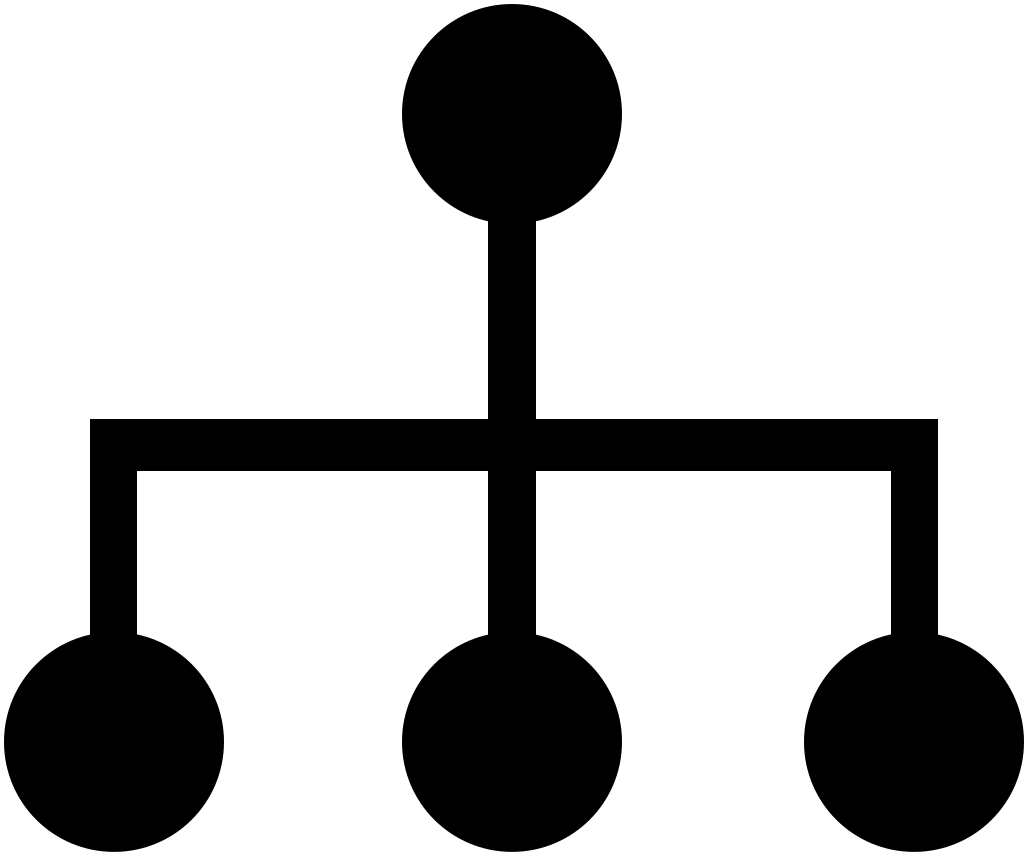

-
Performances
-
Exhibitions
-
Archive


 +
+
|
Monika Wachowicz
Studio Ciała i Emocji |
|
| email: | |
| facebook: | @studiowachowicz |
| telefon: | +48 515 921 993 |
| adres: | Katowice, Poland |
 | |
Theatre study on Death and Love by Monika Wachowicz and Jarosław Fret
Concept: Monika Wachowicz and Jarosław Fret
Stage movement, costume designer and performer: Monika Wachowicz
Writer: Monika Wachowicz and Jarosław Fret
Music: Marcin ‘Cozer’ Markiewicz
Musical arrangements Olivier Messiaen’s Quartet for the End of Time: Jan Skopowski, Kamil Grabowski
Scenography: Jarosław Fret
Stage design: technical department of the Grotowski Institute directed by Piotr Jacyk
Production: the Grotowski Institute, Katowice Miasto Ogrodów (TEATROGRANTY 2021, miasto-ogrodow.eu)
Premiered on 3 December 2021 at the Grotowski Institute, Wrocław, and on 8 December 2021 in the Silesian Theatre, Katowice
Running time: 75 minutes
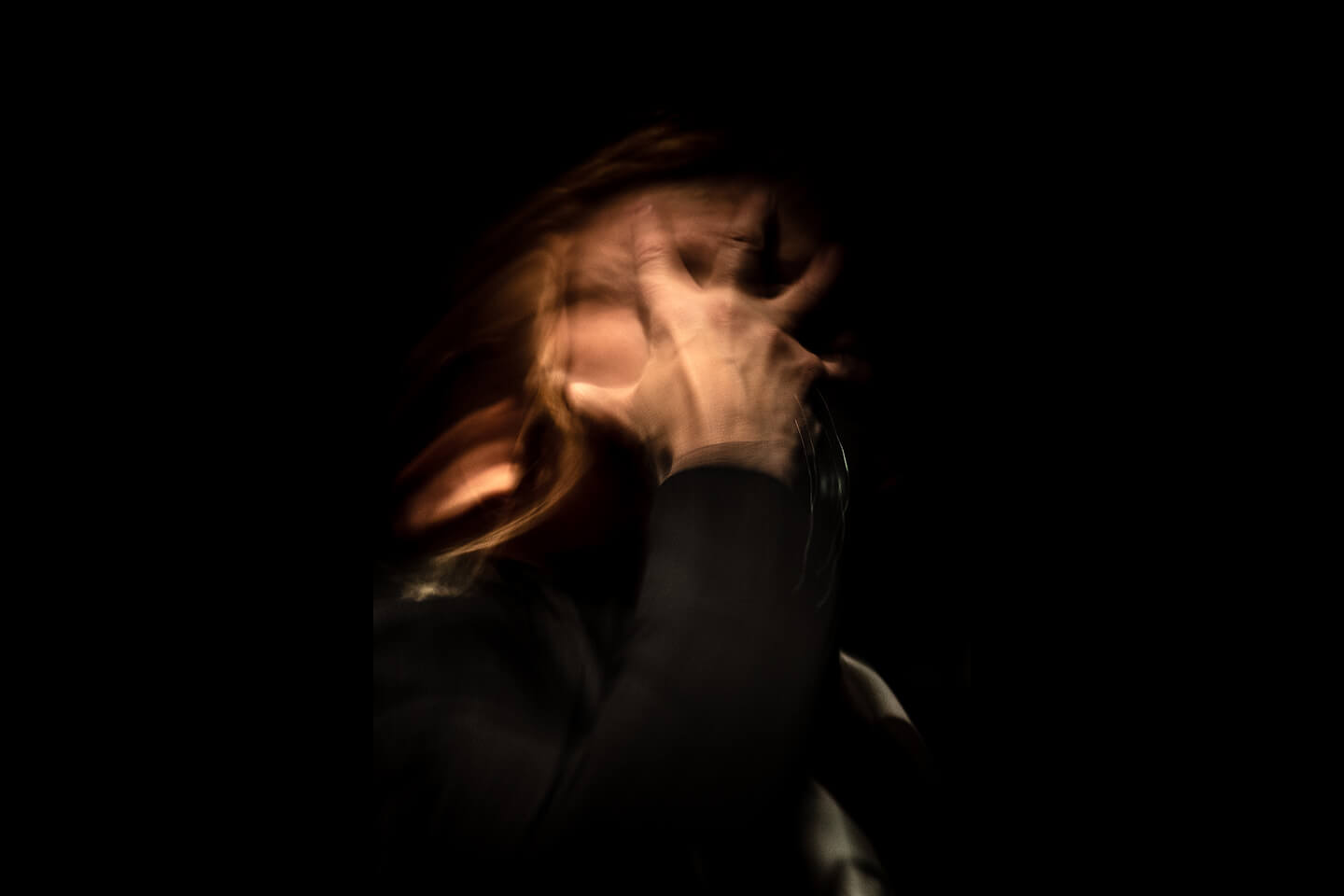
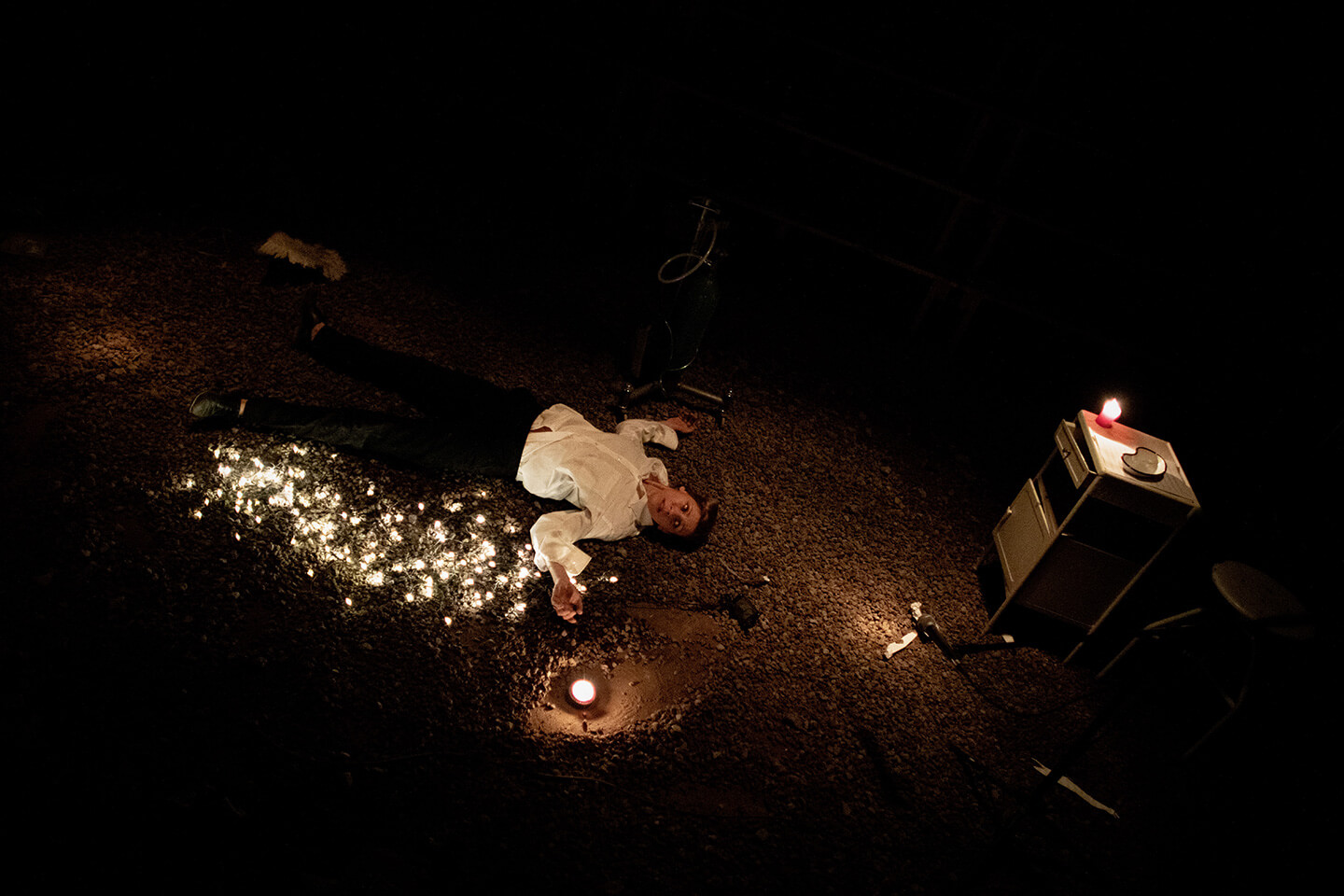
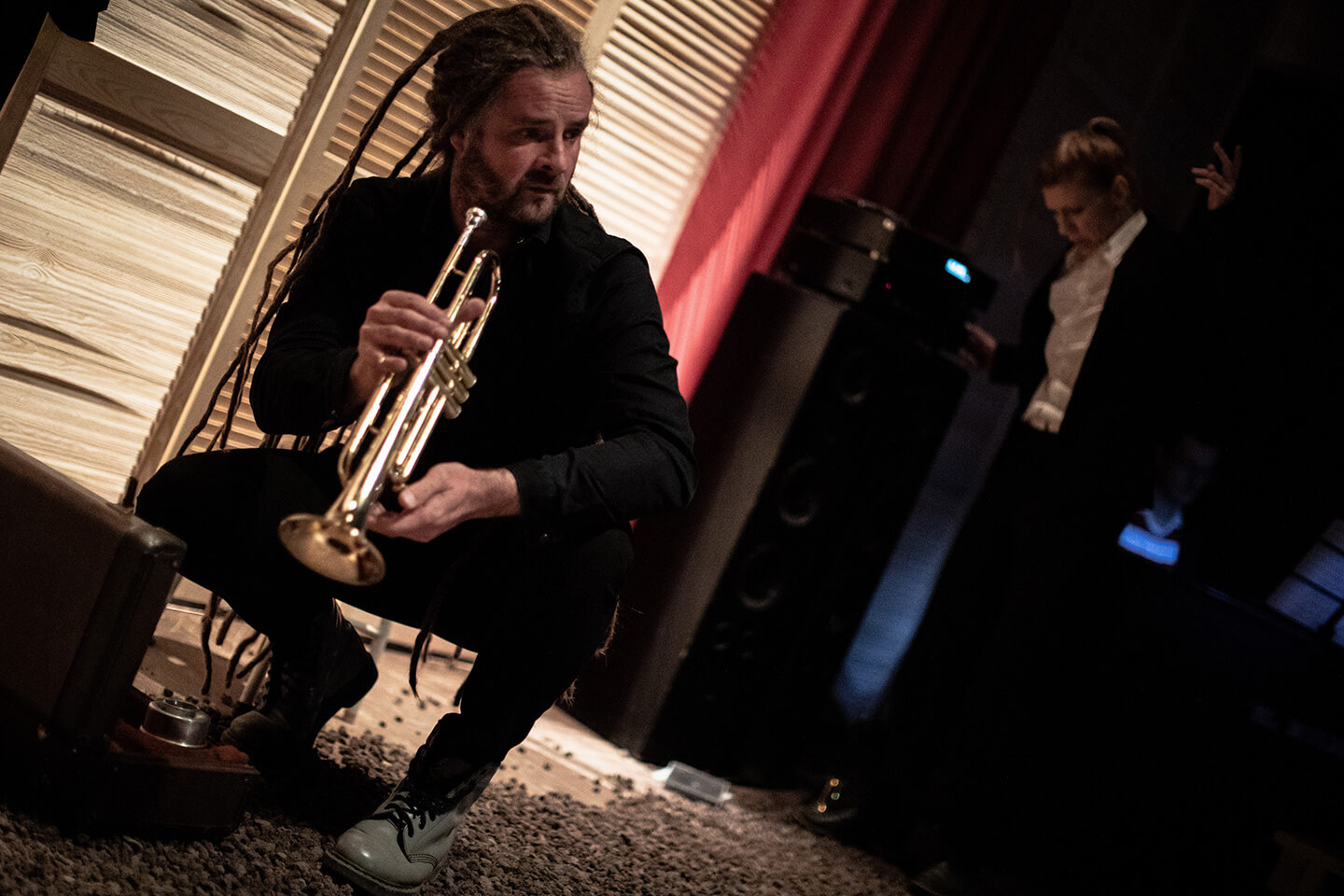
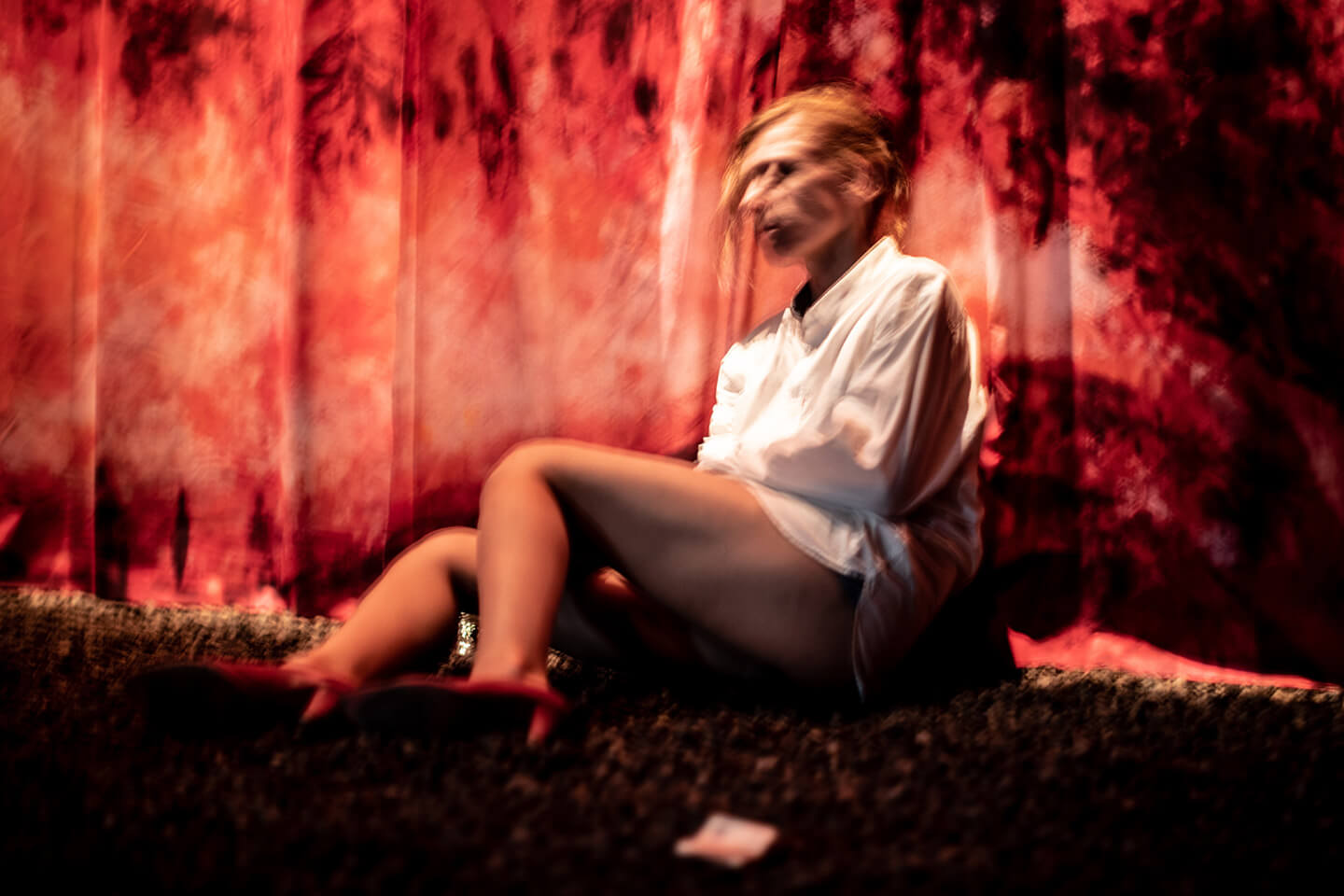
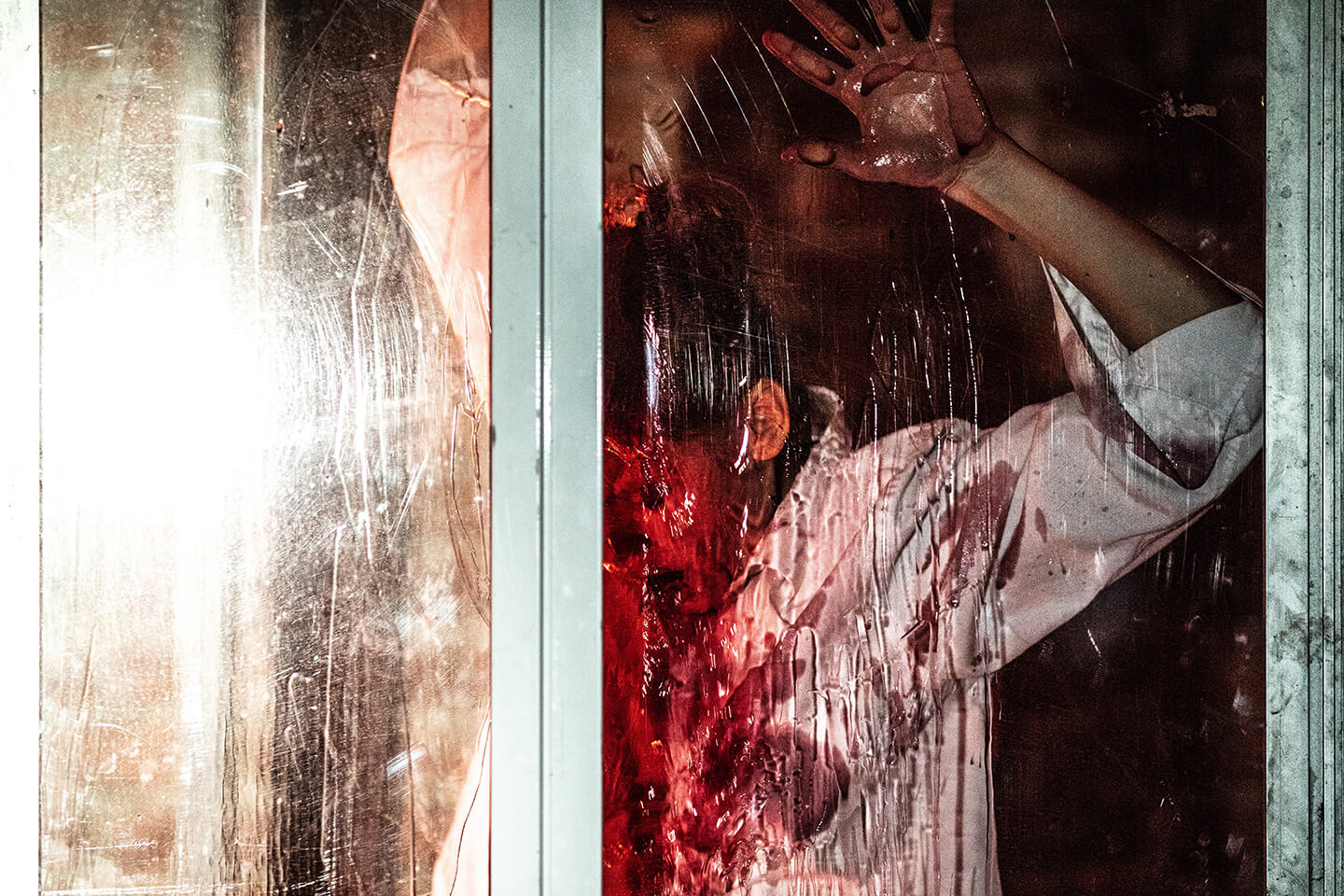
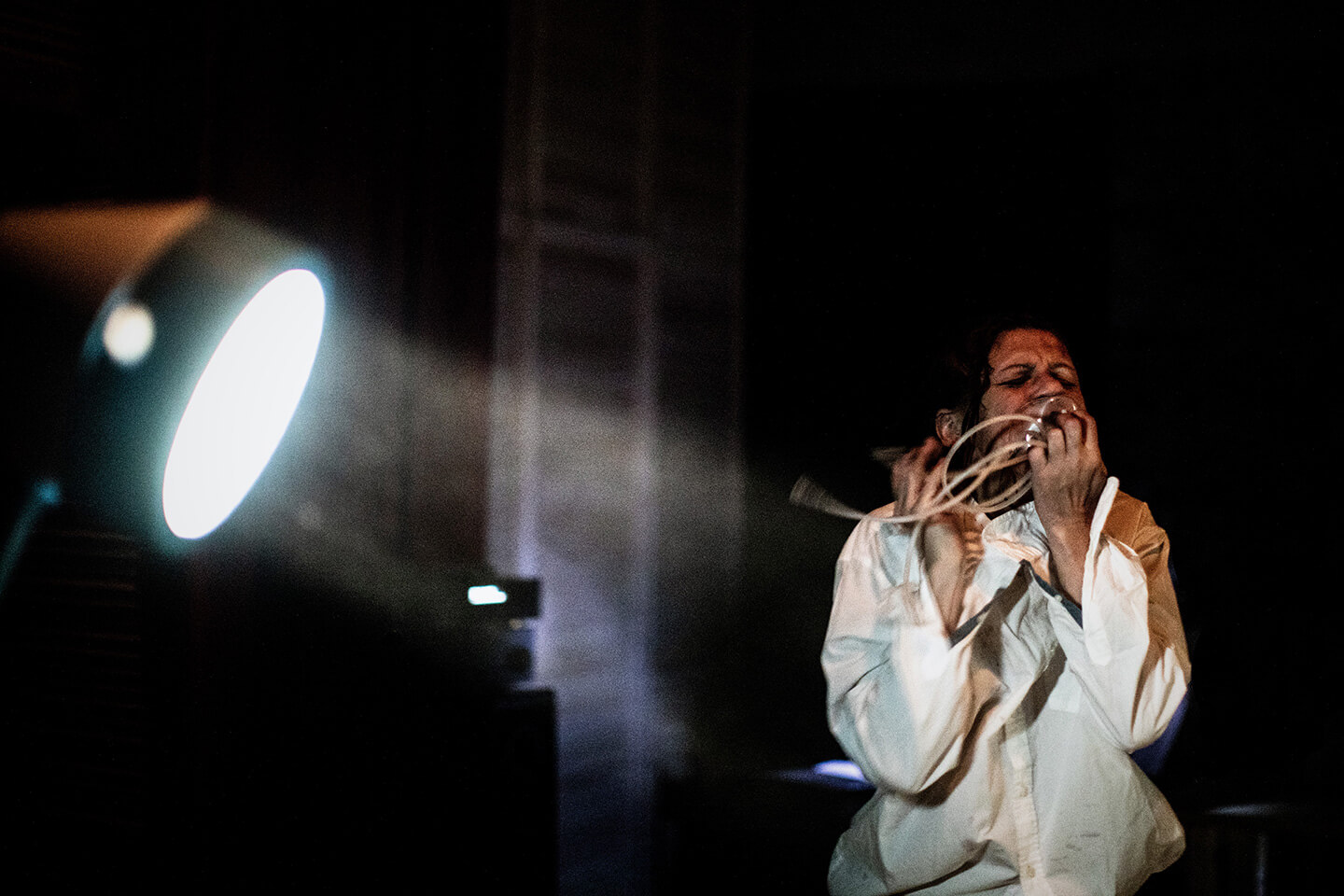
SHEOL / שאול is a theatrical seance and a modern lamentation for the living and the dead, the born and the unborn. It’s a descent on a thin line of breath, voice and sound to the very bottom of silence, which just like the mythical Sheol, covers and closes itself, becoming a veil that no feeling or image can penetrate. The only power that can rescue those descending to Sheol is love. The descending is accompanied by music, or rather its extraordinary density - as if our bodies were ‘only’ a sound, or an instrument and also a path into the deep, without a bottom.
Sheol / שאול is a story about a desire and readiness to live a full, vibrating life that feels like breathing fire.
The Sheol / שאול project was inspired by Henryk Górecki’s Symphony No. 3 - ‘Symphony of Sorrowful Songs.’ It also features Olivier Messiaen’s ‘Quarter for the End of Time’ and Gregorio Allegri’s ‘Miserere’.
The whole performance is dominated by trumpet that’s tracing and crossing the zenith and nadir of the sound to:
Spin love, like a silkworm spins its silky thread,
pour it from the heart, like a source pours water
from the inside,
unroll it like a golden sheet, cast from
a grain of gold; let it inward, like the
underground source, blow it upward, like wind's blowing,
plant it on the Earth, like the wheat is planted,
nurture it, like mother nurtures children.
Thence will first your power be like nature's power,
and then will your power be like the power of the elements,
and then will it be like the power of creation,
and then like people's, after that like angels'
and then – like the power of the Lord of creation.
REVIEW:
In the same space, later in the evening. Wachowicz- Fret also present Sheol, a 70-minute show full of stunning visual imagery. movemnent and music. Sheol is the old Hebrew word for the abode of the dead and Ín this show sometimes accompanied by a pianist, a cellist, and a towering, dreadlocked trumpeter-Wachowicz uses music, including Gorecki's elegiac Third Symphony, as one of her tools for exploring the presence of death in our world: personal death and scating grief, environmental destruction. self-destruction, even the ever-haunting horrors of the holocaust. Sheol is often hard to read, and perhaps too long-drawn-out in its conclusion. Yet it leaves us aching for more theatre that reaches these soaring levels of emotional courage and sheer visual imagination- as well as of searing honesty about the depth of the crises mankind now faces, whether we choose to acknowledge them or not.
Joyce McMillan. The Scotsman. Festival FRINGE 2024 in Edinburgh/Scotland
5 stars – powerfully unsettling
"Sheol is the name of the afterworld in ancient Hebrew traditions. According to different textual sources, it has either positive connotations to it, or negative, or neither.
A soprano and three musicians are the characters of this performance created by the Grotowski Institute and Katowice Miasto Ogrodów (TEATROGRANTY 2021). The action is set on the thin line between objective and subjective reality, when a traumatic event tends to blur it. Through light effects, accumulation of objects, sounds, and movements, this performance gives life to suspended time out of time, the time for grief, where hints of folly lurk from shadows and thick vapour.
The concept of Sheol was first drafted in 2020 by Monika Wachowicz (who is also performer, writer, costume designer, and stage director) and Jarosław Fret, when the Polish government made abortion unlawful, with severe punishments for doctors who might be discovered practising it. As a consequence, women died from dangerous pregnancies, others had to continue their pregnancy even if they were carrying a dead foetus. Sheol also finds inspiration in Chagall’s paintings and in Henryk Górecki’s Symphony No.3, known as ‘Symphony of Sorrowful Songs’, whose heart-wrenching third section is about a woman mourning the loss of her son.
Noises and voices are blown out of proportions in this ‘sound experiment’ that also has an extraordinarily strong visual component. Medical tools collide in sound with musical instruments; obsessive actions try to restore some normality to the woman’s life, while making it lean towards the opposite edge. Music by Marcin ‘Cozer’ Markiewicz and musical arrangements by Olivier Messiaen’s Quartet for the End of Time (Jan Skopowski and Kamil Grabowski) convey the play its unique atmosphere. Like Nobody Meets Nobody and The Border, Sheol takes place in Grotowski Institute’s tent. The secluded yet communitarian atmosphere guaranteed by the tent contributes to the effect of feeling everything with increased intensity: joy and grief, hope and despair"
Seen by Federica at Edinburgh Festival Fringe on the 19th of August 2024
link to butterwort.art
“Border” And “Sheol/שאול” – Wachowicz/Fret Studio At Edinburgh Festival Fringe 2024
thetheatretimes.com/border-and-sheol-שאול-wachowicz-fret-studio-at-edinburgh-festival-fringe-2024
Written by Klaudia Święcicka (Klaudiusz Święcicki) | 10th Oct 2024 | Edinburgh 2024, Poland, Review, United Kingdom






